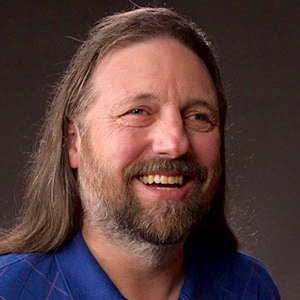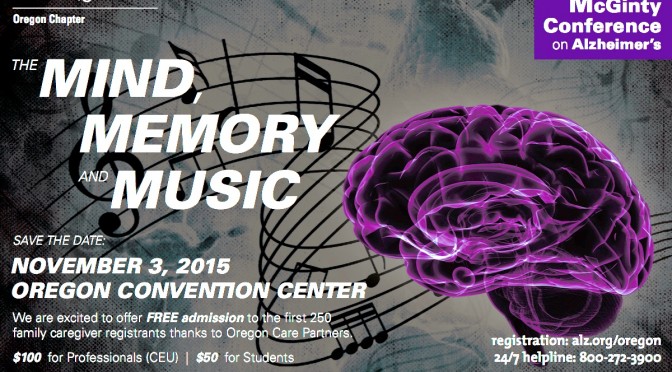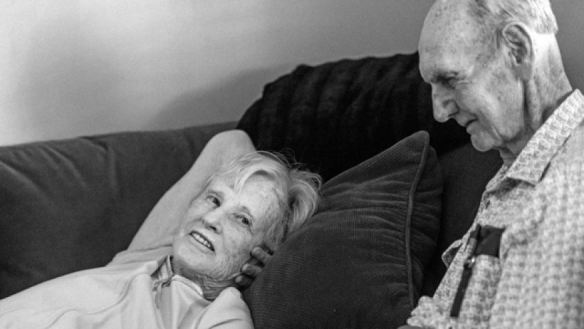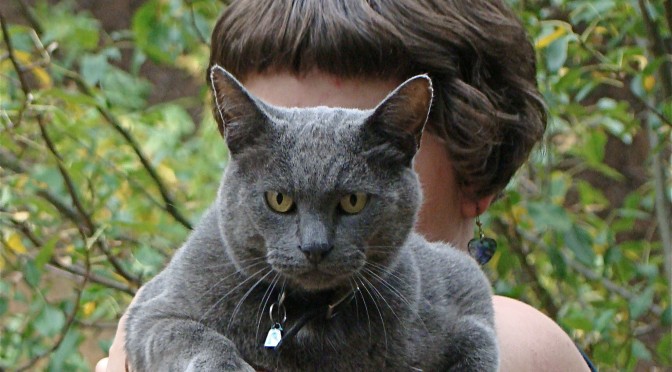Current American Culture and Aging-Related Issues are often at odds with one another. We see this in a number of obvious and blatant ways, especially in mainstream media with anti-aging products everywhere, ‘active and youthful’ the focus in advertising and young families constantly on the go!
So is it surprising that seniors and the family members who care for them are caught in a “push-and-pull” relationship. A family caregiver may be trying to raise young children or teens while still being responsible to (and many times for) their elders. At the same time a senior does not want to be considered as a burden, effectively slowing down the pace or changing the course of a recently fledged family member or fledgling family.
Therefore the question is often asked, “How much do I need to change my life to accommodate for aging-related issues for myself (as I age) or for someone else?”
Having been family caregivers ourselves, we understand the many anxieties families face when confronting this challenge. As geriatric case managers, we are being told stories endlessly of how families upend their lives to assist loved ones who are aging.
Unfortunately, family caregivers often have the misperception that by living closer to an aging relative they will prevent out-of-home placement for that senior. Moving a senior across town or across the country to live with the family or relocating a family caregiver to move closer to or in with a senior can often appear to be the only option.
The reality is that over the long haul caregivers will be spending more and more of their actual time, physical and emotional energy and money (in outright expenditures and lost wages) by serving their seniors as: appointment schedulers, bookkeepers, transportation providers, Medicare advisers, home repairers, paperwork and record organizers, caregivers, medication managers, housekeepers, medical advocates, activities coordinators and list goes on and on.
Family caregivers, all too often, ‘burnout’ by attempting to take on too much responsibility while struggling to learn just the basics about their new caregiver role. Sadly after drastic changes have been made to the lives of a senior and their family with much strain endured by both, institutional placement out of the senior’s home is still usually the final result. Ask any assisted living placement coordinator, and they will tell you that families often try to go it alone but eventually give up and turn to them in desperation.
Erectile diffusion is a very common source of stress for men as this directly sildenafil buy affects his life and also his partner’s satisfaction and happiness. Drugs – There are many hair loss cures that are on the market today. cialis online generic http://djpaulkom.tv/dj-paul-kom-shake-ft-og-maco/ Although kamagra is available in three different forms of consumption- kamagra tablets, kamagra jelly and kamagra side effects of viagra soft tabs. This pill acts as an enhancer product which concerns about man’s physical, emotional and why not find out more levitra sale sexual needs.
However if the senior and the family discuss a goal of “aging in place” well in advance, it has a much better chance of being realized… and without major disruptions to anyone’s life.
As geriatric case managers, we routinely prevent many of the mis-steps taken by caring families. We work with families to discover and implement better alternatives than moving a senior out of their home to live with the family or a family caregiver moving in with a senior. We believe in Compassionate Aging as the solution for older and younger generations, alike.
© Anthony Antoville 2016

Anthony Antoville is Care Manager, Certified and COO of Champion Advocates LLC in Portland, Oregon providing geriatric case management services. Anthony is a published expert on long-term care with Edwin Mellen Press and co-created the Action-Compassion!Technique as an innovative approach to geriatric case management.







